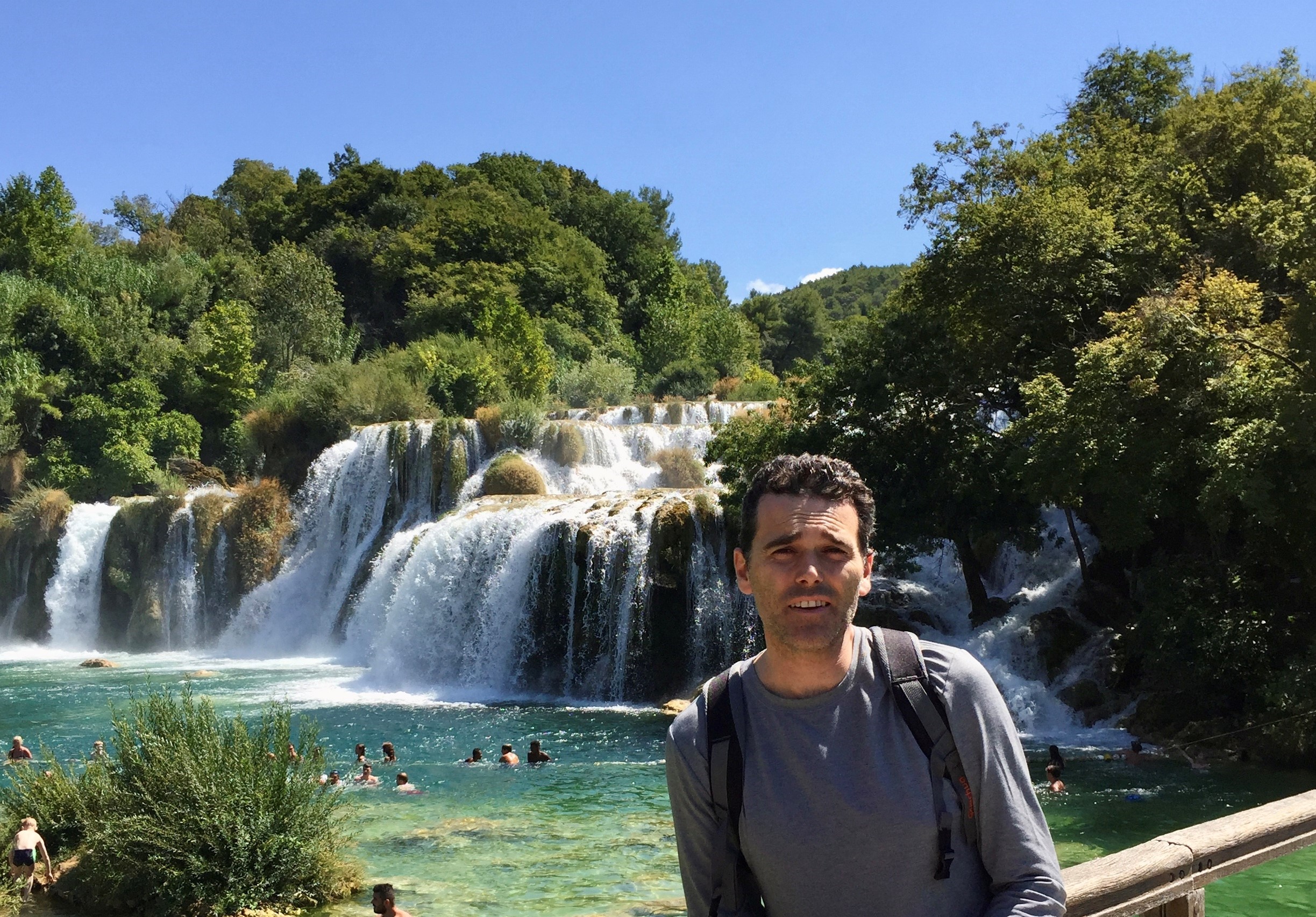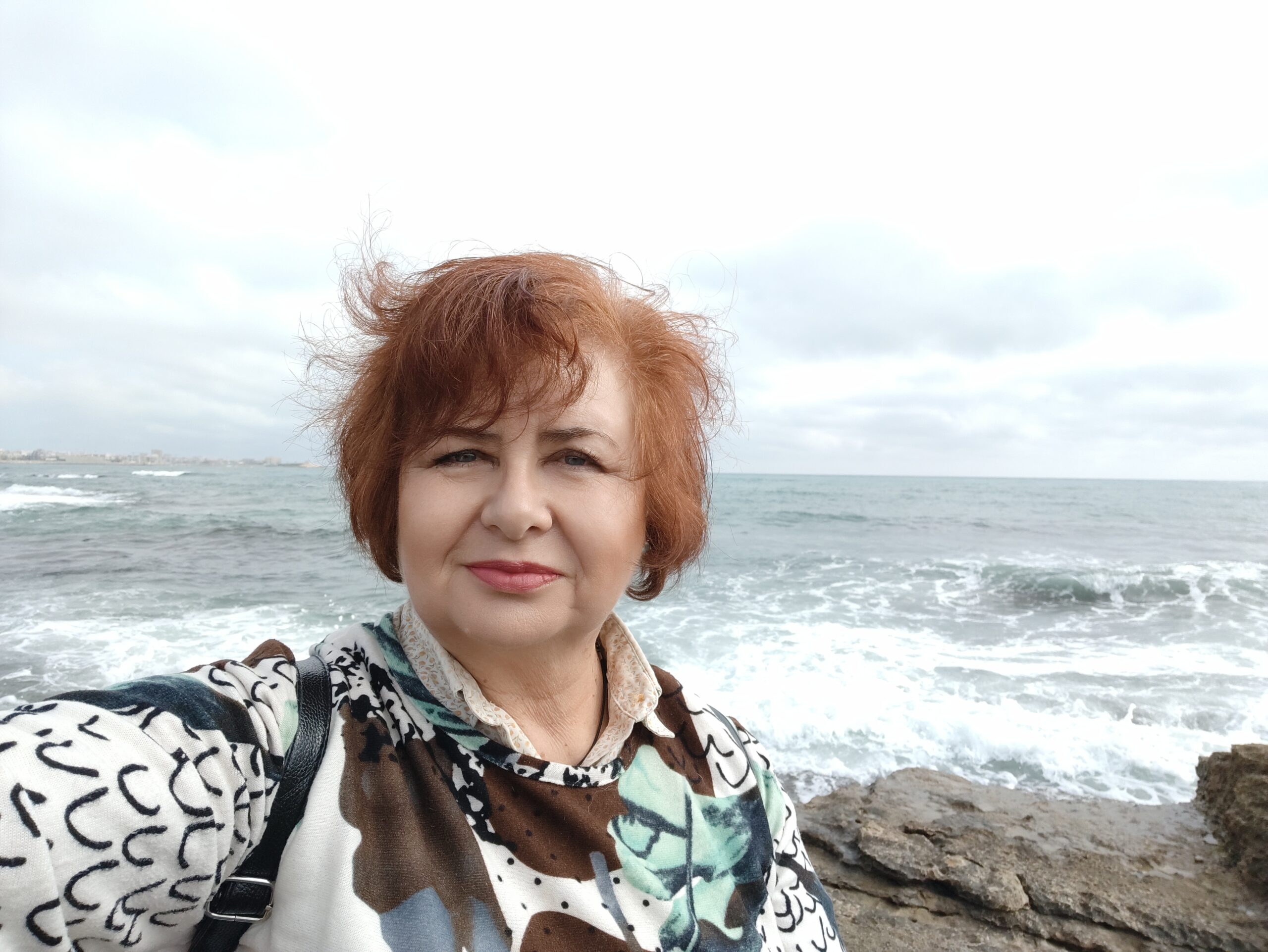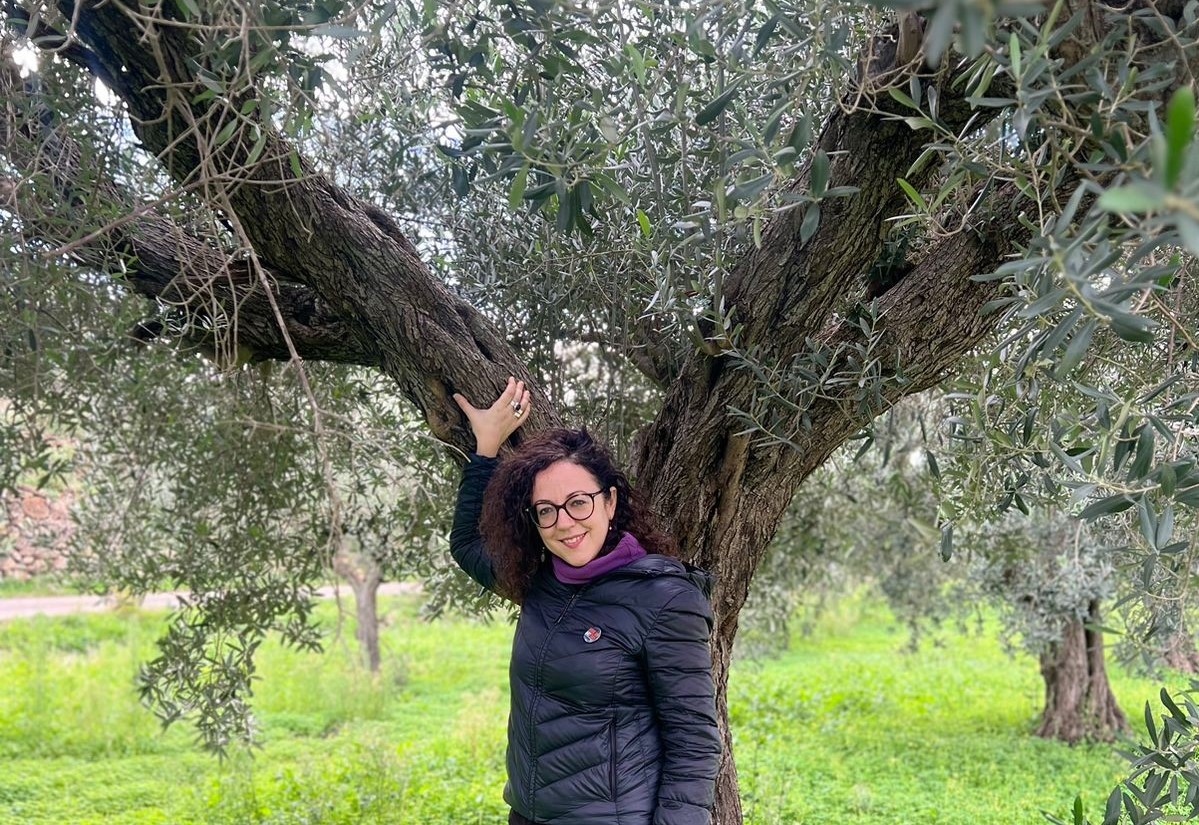Botanist of the month: Mónica Boscaiu
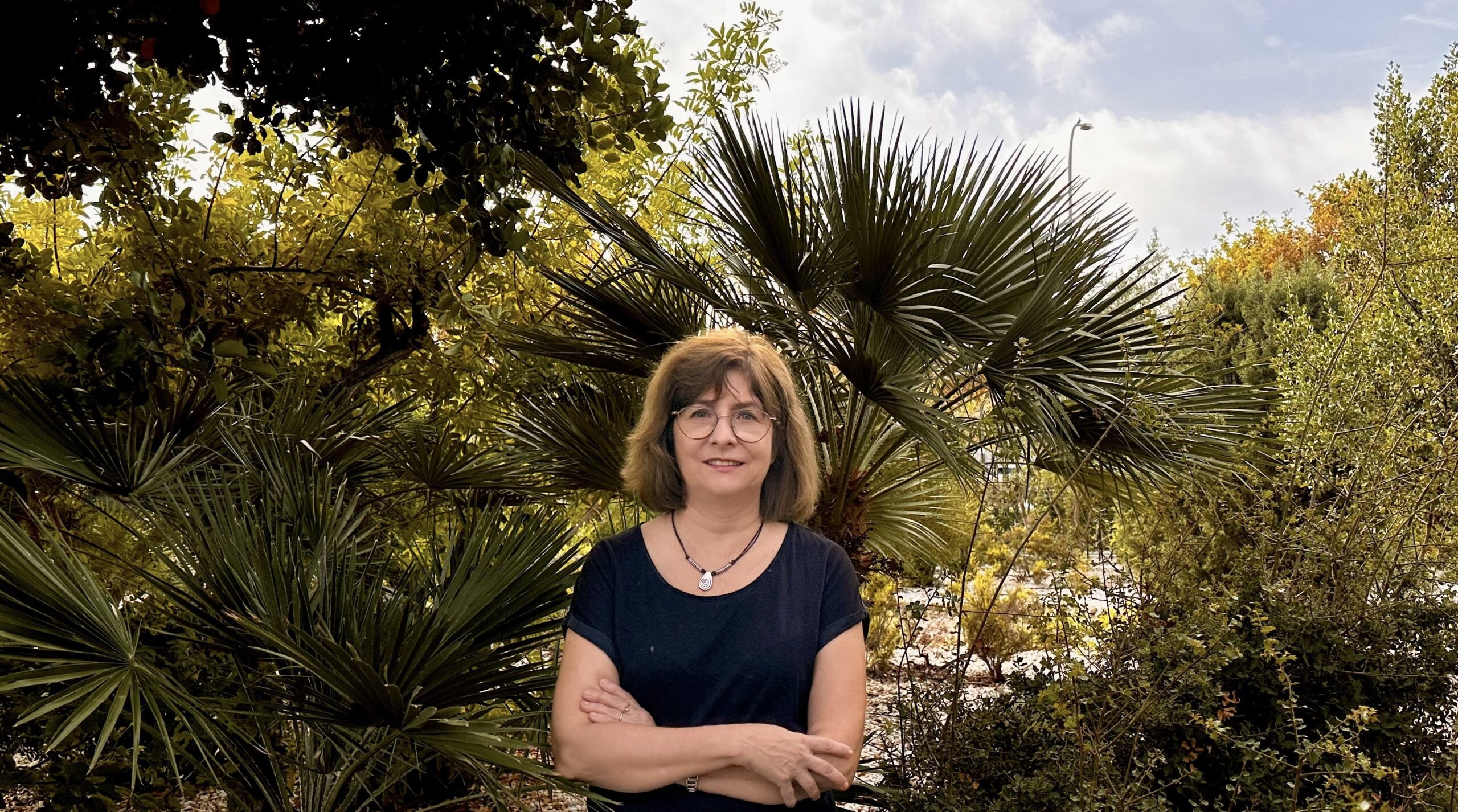
This month in Espores magazine we talk to botanist Mónica Boscaiu. Her early passion for nature motivated her to study biology, to later become a researcher, teacher and professor at the Polytechnic University of Valencia (PUV). With a great academic career and a deep connection with the plant world since her childhood, Mónica brings us closer to her work and her contributions to botany.
Why did you choose Botany and why did it appeal to you?
First of all, because of family tradition. My father was a well-known botanist in Romania. As a child, I used to accompany him on his excursions. Also, until I was 14, I lived in a flat located in the Botanical Garden in Cluj-Napoca, where my father worked. I think that is why I have become a person who loves nature, both the world of plants and animals. I enjoy a trip to a natural area much more than a visit to a city.

Could you summarise your professional career?
Studies at the Faculty of Biology, Babes-Bolyai University, Cluj-Napoca, Romania.
PhD at the Institute of Botany, University of Vienna, Austria.
Postdoctoral fellowship and temporary contracts at the Jardí Botànic, University of Valencia, Spain.
Associate professor, full university professor and, since 2019, university professor at the Polytechnic University of Valencia.
When did you start to be interested in what would become your speciality?
My research focuses on halophilic plants. I started to develop this line of research during my postdoctoral stage at the Jardí Botànic of the University of Valencia.
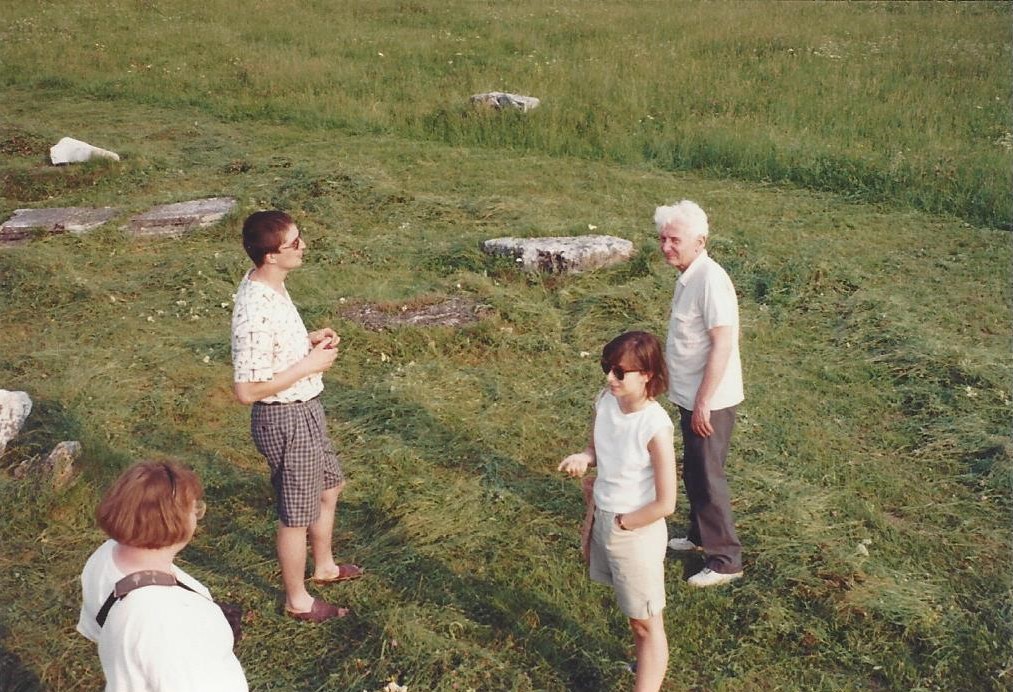
Are you proud to have been involved in a particular project or one that you have led?
I have participated in more than 20 very interesting national and European projects related to my work. However, the project I liked the most was “Mechanisms of Tolerance to Water and Salt Stress in Endemic, Rare or Threatened Plants, and Implications for their Maintenance or Reintroduction in L’Albufera Natural Park” funded by the Generalitat Valenciana and in which I was the main researcher.
What discovery are you most proud of?
I am proud to have been able to combine my research activity, achieving an H Factor of 25, with teaching at the PUV, where I teach a wide variety of subjects that, in general, are highly valued by students.
Do you think the fact that you are a female scientist has conditioned you in any way when it comes to accessing, leading teams, etc.?
At no time and in none of the three countries in which I have lived and developed my professional activity have I noticed any difficulties conditioned by gender. On the contrary, in our field there are a large number of great professionals who are women.
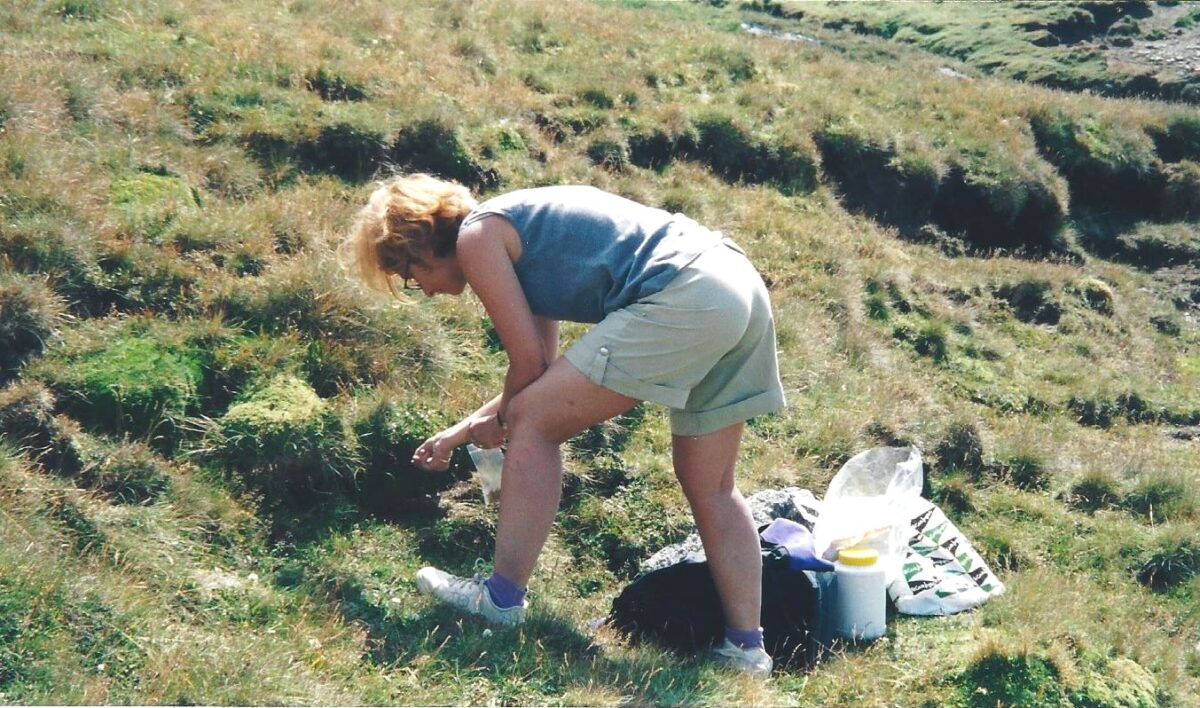
Do you think that your job allows you to learn about subjects not related to Botany? Give an example.
A lot; physiology, ecology, biochemistry, soil science, and genetics, for example.
What is your relationship with the Jardí Botànic of the University of Valencia?
My relationship with the Jardí stems from my joining Professor Manuel Costa’s research team in 1997 with a postdoctoral fellowship. Since then I have maintained a close scientific collaboration and a true friendship with several researchers at the Jardí, such as Dr. Pilar Soriano and Dr. Elena Estrellés.
What is your assessment of the employment situation in the sector and for the future?
I think that in the last decade the situation has improved a lot at the national level, as is already reflected in the increasingly higher cut-off marks for biology degrees.
Have you met interesting people through your work? Tell us about one of them.
Having lived and worked in the field of botany in three countries (Romania, Austria and Spain), I have met many interesting people. Botanists are often special people. I could mention a long list, such as my PhD supervisor, Friedrich Ehrendorfer, one of the authors of Strasburger’s treatise, Professor Manuel Costa who has welcomed me in his group, Professor Herminio Boira from the PUV, a great nature lover.
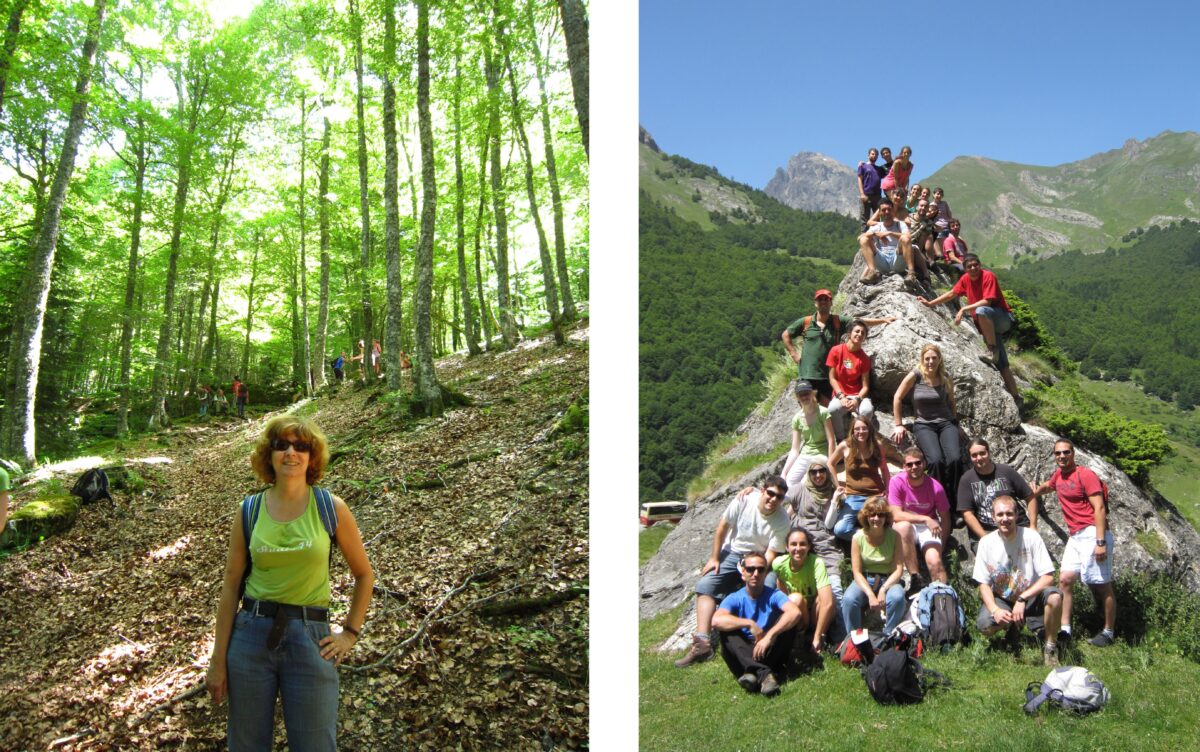
How would you encourage current biology students to pursue the same career as you? What do they lack?
The continuing loss of biodiversity forces us to return to the more traditional fields of biology, such as botany and zoology. We need a good knowledge of the plant world in order to meet the challenges of the future.
Do you consider yourself a disciple of any particular botanist?
Of course. First of all from my father, Nicolae Boscaiu, and then from my PhD supervisor, Friedrich Ehrendorfer of the University of Vienna.
Do you work alone or in a team? What is it like to work like this?
I have always worked in a team. Nowadays it is impossible to do research without an interdisciplinary group. As I mentioned before, I have participated in many projects with colleagues from different areas of the PUV, such as biochemistry, genetics, soil science, plant production, …
How do you think your work has changed over the years (new technologies, processes, specialities, etc.)?
Botany has become a multidisciplinary science. Nowadays, botanical professionals deal with a wide variety of approaches and our work is almost always in teams.






